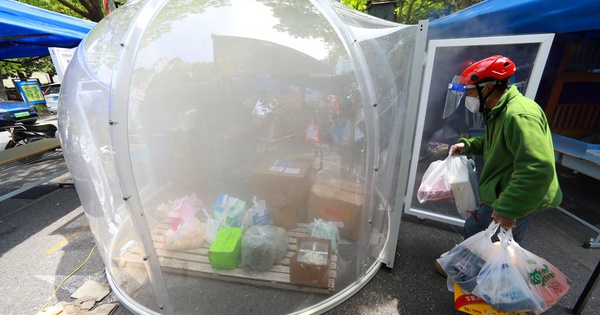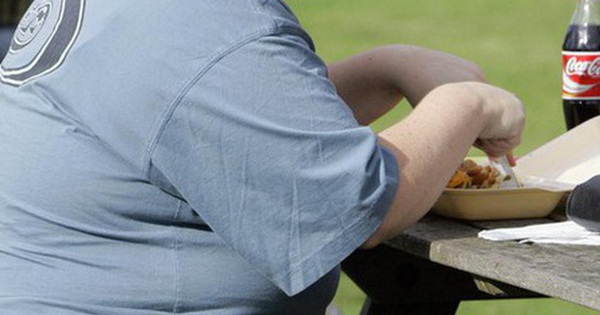Americans do not dare to eat pepper because of inflation
Expensive goods cause Americans to switch to cheaper meats and dairy, cut back on groceries, get manicures, and ignore non-essentials.
Prices of all goods in the United States are rising, forcing millions of people to make tough choices. More than eight in 10 US consumers say they will rethink or reduce spending in the next three to six months, according to the latest report from research firm NPD Group.
“Consumers are torn between the need to buy what they want and the ability to run out of pocket,” said Marshal Cohen, director of retail consulting at NPD.
As prices continue to climb, experts in consumer behavior say many have begun to change. They switched to other cheaper options, almost stopping spending on non-essentials, like eating out. However, they increase their spending on small pleasures, like flowers or candles.

People shop in a supermarket in Missouri (USA). Image: Reuters
In addition, at grocery stores, Cohen said consumers not only buy less in general, but also reduce “arbitrary buying”. For example, chewing gum or toy cars displayed next to essential goods are also sluggish because of inflation.
Retail chains like Walmart are also feeling the drop as families are less frequented and, if they do, buy less. BPD data shows that in the first quarter, consumers bought 6% less items at grocery stores compared with the same period last year. The frequency of shopping also decreased by 5%.
In its earnings report last month, Walmart said inflation is changing customer behavior. They switch to cheaper meat and dairy, buy fewer products at a time, and ignore non-essential goods.
The situation at Target is similar. They said customers reduced purchases of things like furniture, TVs and kitchen appliances.
Even the $1 chain stores feel that shoppers are increasingly pocket-conscious. Dollar General said in its financial report last quarter that customers are shopping “more intentionally” and choosing lower-priced items.
Americans used to have more spare money to spend during the pandemic, thanks to government stimulus policies. However, this has now completely changed. Cohen said people are cutting back on spending on eating out, gyms and services like manicures.
“With food service, it’s probably not until 2025 that we return to pre-pandemic levels,” he said.
Products that do not need to be upgraded or replaced are also sluggish. “Many people buy air fryers during the pandemic because they cook more at home. Of course, they don’t need any more. TVs do,” explained Cohen.
However, it is contradictory that consumers are still willing to spend on non-essential but low-value items. Chuck Howard, a professor of marketing at the Mays School of Business (Texas, USA) explains that this depends on each person’s perspective and finances.
For some people, they are willing to spend a small amount on perfume. For others, buying a chocolate bar at the cashier. What they all have in common is that it provides temporary relaxation during periods of uncertainty.
“After a long day, you may want to soak in a 20-minute bath with your favorite products to get rid of the thoughts of the bill,” says Howard.
This is why many products such as room sprays and candles still have steady sales. This is known as the lipstick effect – consumers still spend on small luxury products like perfumes or cosmetics, even though the economy is down, says Priya Raghubir, a professor at New York University’s Stern School of Business. .
She forecast this trend to continue in the short term. “The difference in this inflationary spiral is that we have just come out of the pandemic. People have so many suppressed needs. They want to travel for the past 2 years, want to have an anniversary party with their family. , friends. Therefore, tourism and entertainment activities will not go down,” she said.
Of course, if they spend money on these products, they will have to spend less on other items, said Neil Saunders, retail director at GlobalData Retail. “People will have to choose. We are in the early stages of inflation. If high prices persist, spending will be cut deeper and faster.”
Ha Thu (according to CNN)
at Blogtuan.info – Source: vnexpress.net – Read the original article here



